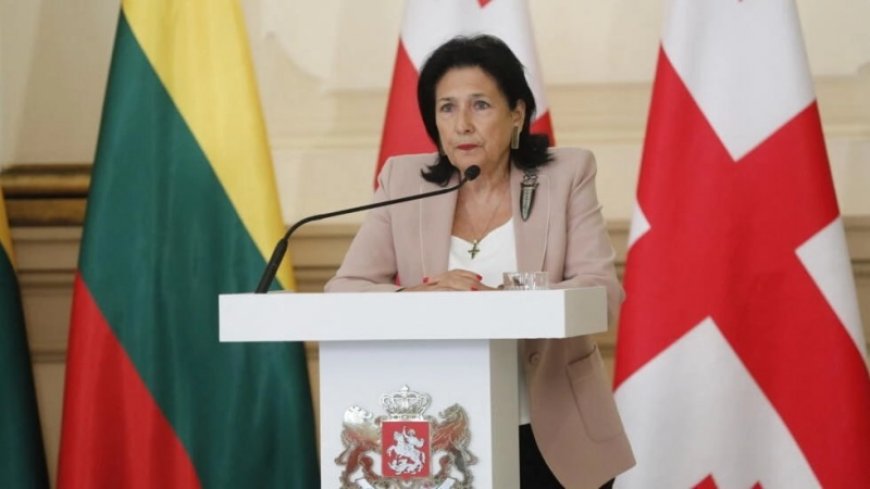Georgia, which has spent three decades distancing itself from Moscow following the Soviet Union's collapse, is on the verge of losing Western support. This development risks reverting the Black Sea nation to historical power dynamics, allowing Russia to reassert its influence in the region.
The U.K.'s Foreign Office has confirmed the termination of a significant NATO project aimed at enhancing Georgia's resilience to Russian hybrid warfare. This project, launched nearly a decade ago, ended shortly after Meta, Facebook's parent company, removed numerous accounts operated by a Georgian government division. These accounts were used to target critics and disseminate anti-Western propaganda related to Russia's war in Ukraine.
This shift occurs as Georgia’s long-standing Western alignment faces serious challenges. Relations with the U.S. and Europe have deteriorated due to the country's rapid slide into authoritarianism—a stark contrast to its previous status as a "beacon of liberty" in the South Caucasus, as described by former U.S. President George W. Bush.
Established in 2015 in response to Russia’s annexation of Crimea, the NATO-backed strategic communications initiative, housed within the Georgian Prime Minister’s Office, received substantial support from the U.S. and U.K. for combatting Russian influence. However, the U.K.’s Foreign Office recently announced the initiative's conclusion in March. "We are currently considering our position on future Strategic Communication collaboration with Georgia," stated Tariq Ahmad, a House of Lords member.
The decision comes amid massive protests in Tbilisi against a controversial "foreign agent law" reminiscent of Kremlin policies, which imposes severe restrictions on media and rights groups receiving foreign funding. This law threatens Georgia's EU aspirations, despite consistent public support for EU and NATO membership, driven by fears of Russian aggression.
The ruling Georgian Dream party has ignored EU warnings about the law, jeopardizing the country's EU membership bid. The U.S. has threatened to cut aid and impose sanctions on officials over the bill, while several EU countries are pushing to end visa-free travel for Georgian citizens. Marika Mikiashvili, a foreign affairs specialist with the opposition Droa party, warned that financial isolation from the West could lead to a "complete financial and political disaster" for Georgia.
The new law, mirroring one enacted by Russia in 2012, mandates that organizations receiving over 20% of their funding from abroad register as "serving the interests of a foreign power." Protests against the law have been met with violent police responses, including tear gas, water cannons, and rubber bullets.
Investigations reveal that Western partners were aware of abuses within the StratComs unit, which used fake social media profiles for Russian-style attacks on opponents and anti-Western propaganda. Despite these revelations, support continued until recently. Bob Hamilton, a retired U.S. colonel and former advisor to the Georgian Ministry of Defense, criticized the complacency, noting the potential disastrous consequences of ignoring the problem.
Meta’s shutdown of numerous StratComs accounts for "coordinated inauthentic behavior" highlights the extent of the issue. The accounts not only targeted critics but also spread anti-Western propaganda about the Ukraine war. Despite the support provided, the Georgian government has shown increasing disdain for its Western allies, refusing to sanction Russia and amplifying pro-Kremlin narratives.
As Georgia moves towards signing the controversial law into force, the risk of a return to Russian dominance looms large. The country's political trajectory and the failure of Western-backed initiatives underscore the complexities of countering Russian influence in the region amid ongoing geopolitical tensions.














































